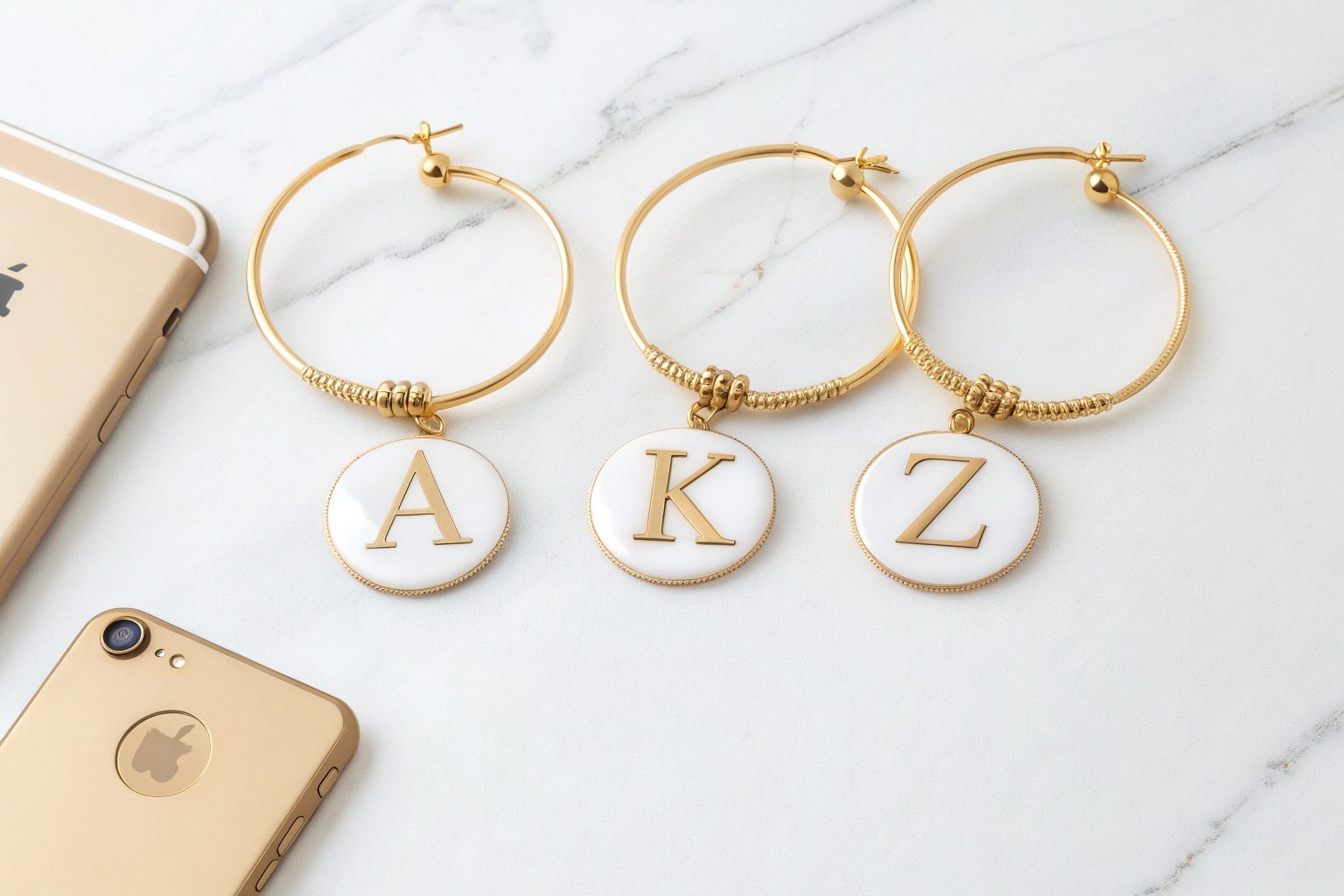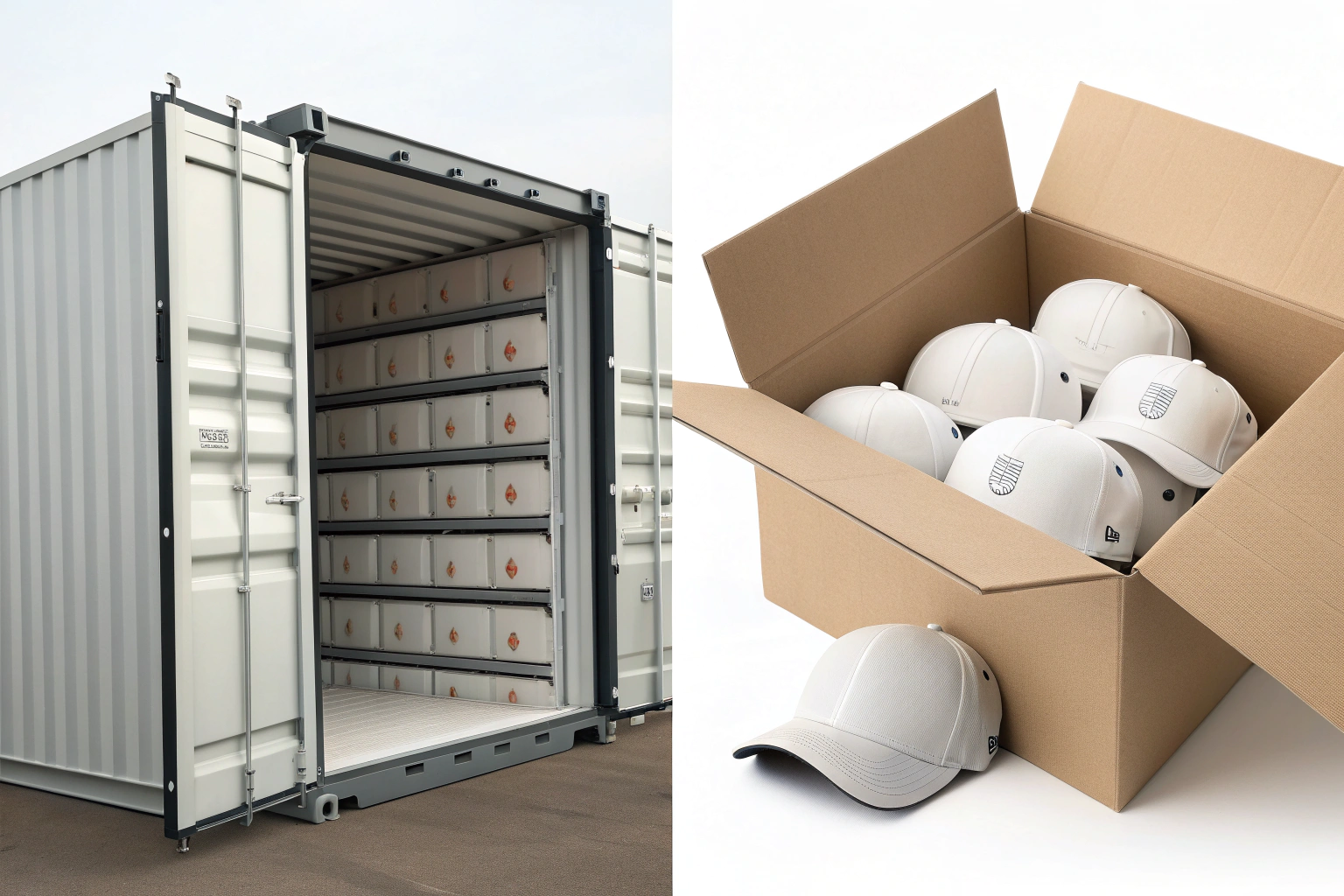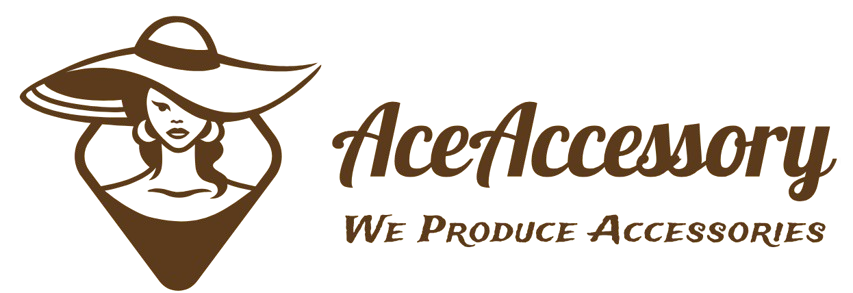Shipping accessories internationally without the correct paperwork? That’s a fast lane to customs delays and delivery headaches.
To ensure smooth courier delivery of your accessories, you must prepare accurate export documents like the commercial invoice, packing list, and customs declaration. Missing or incomplete paperwork can cause costly delays and penalties.
If you’re sourcing accessories from China, proper documentation isn't just about compliance—it’s about maintaining your business reputation. Let me walk you through what we at AceAccessory do to help our clients avoid shipment snags and keep things moving smoothly.
What Documents Are Required for Courier Shipments?
Without the right export documents, even the best-packaged parcel can get stuck in customs for weeks.
The essential documents for courier shipments include a commercial invoice, a packing list, and the waybill. Depending on the destination and value, you may also need a certificate of origin or HS code declaration.
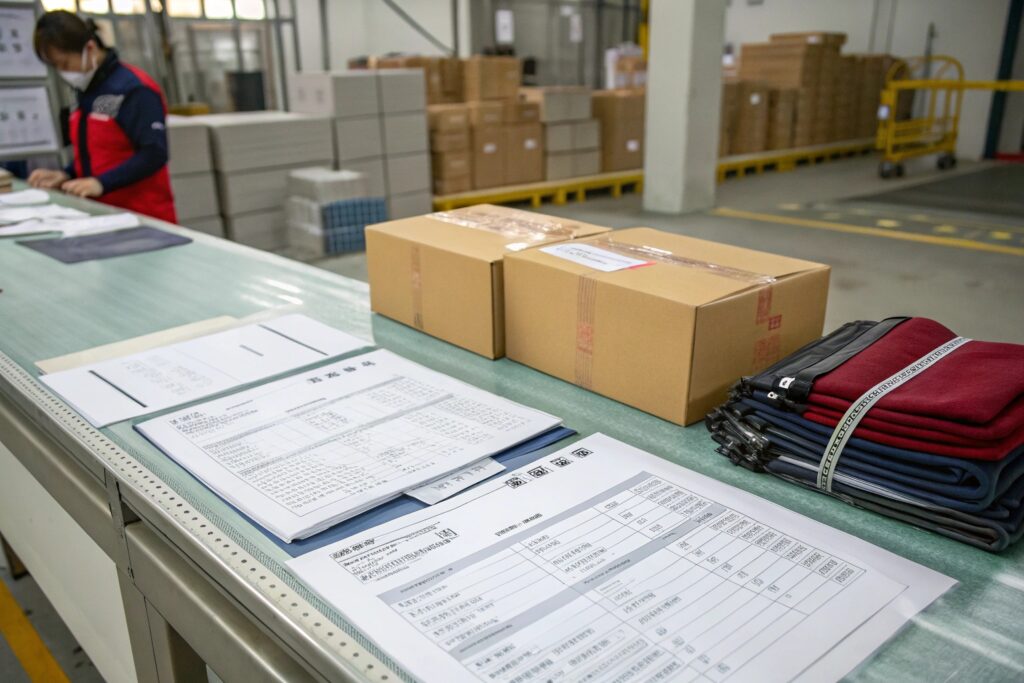
What Is a Commercial Invoice and Why Is It Crucial?
A commercial invoice is the most important document when sending accessories internationally. It outlines what you’re shipping, who it’s for, and how much it’s worth. Customs officers rely on it to determine duties, taxes, and clearance eligibility.
| Key Field | Purpose |
|---|---|
| Buyer & Seller Info | Identifies exporter and importer |
| Product Description | Confirms HS codes and nature of goods |
| Unit & Total Price | Used to assess duty/tax calculations |
| Country of Origin | Determines trade agreement eligibility |
Failure to include accurate details here can result in misclassification, delays, or overpayment of duties.
What Other Documents Are Typically Needed?
Besides the invoice, you’ll usually need:
- Packing List – Helps customs and the recipient verify quantity and contents.
- Courier Waybill – Serves as the shipping contract between the shipper and courier.
- Export Declaration (if required) – For higher-value shipments or controlled goods.
We help clients prepare these documents automatically through our order management system. Everything is double-checked by our logistics team before handover to the courier.
How to Accurately Complete a Commercial Invoice?
A small typo in your invoice can cost you hours in customs or even penalties.
To complete a commercial invoice correctly, ensure product names match the HS code, the declared value is realistic, and recipient details match the waybill.
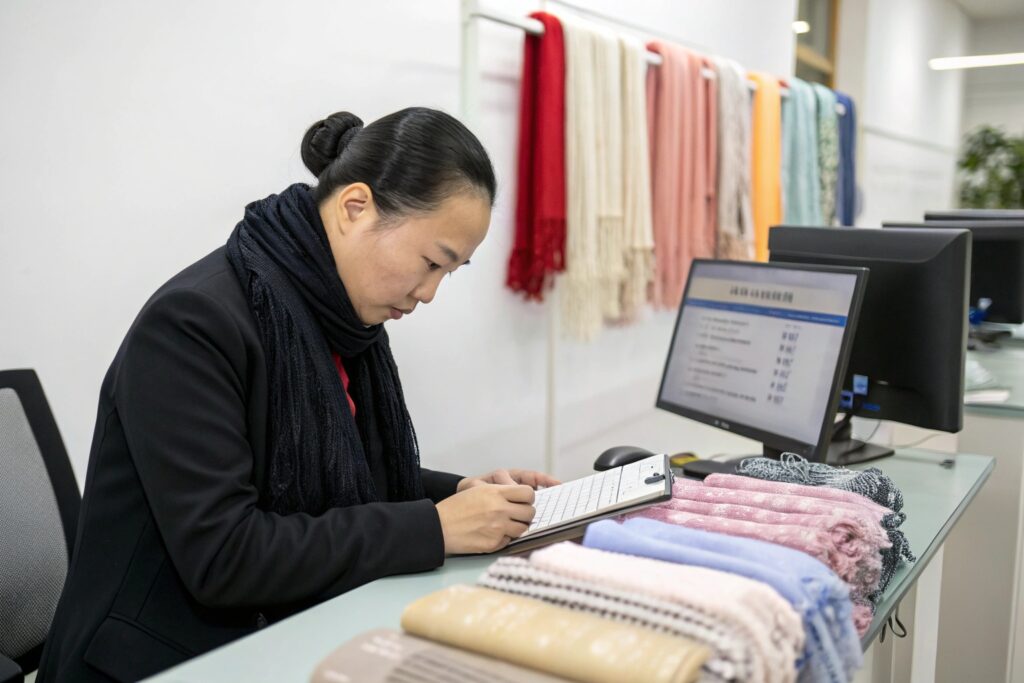
Why HS Codes and Product Descriptions Must Match
Customs officers use HS codes to categorize goods and assign tariffs. You must be consistent.
For example:
- Wrong: “Clips” with HS code for metal tools
- Correct: “Hair clips, plastic” with HS code 9615.11.00
Always match the HS code to the actual accessory type and material. We pre-assign HS codes in our system and verify them with local regulations.
Avoiding Undervaluation and Misclassification
Some shippers intentionally undervalue goods to reduce duty—but this can backfire. Customs may reject the declaration or fine the importer.
Instead, we recommend declaring realistic transaction values, and including remarks like:
“Not for resale – samples only”
“Declared value based on FOB unit price”
We help clients by generating draft invoices that meet both Chinese export and destination customs standards.
Common Mistakes in Accessory Export Declarations
Incorrect declarations don’t just slow down clearance—they can damage trust with clients and authorities.
The most common export mistakes include using vague product descriptions, incorrect HS codes, and missing origin details. Each of these can lead to shipment holds or even fines.
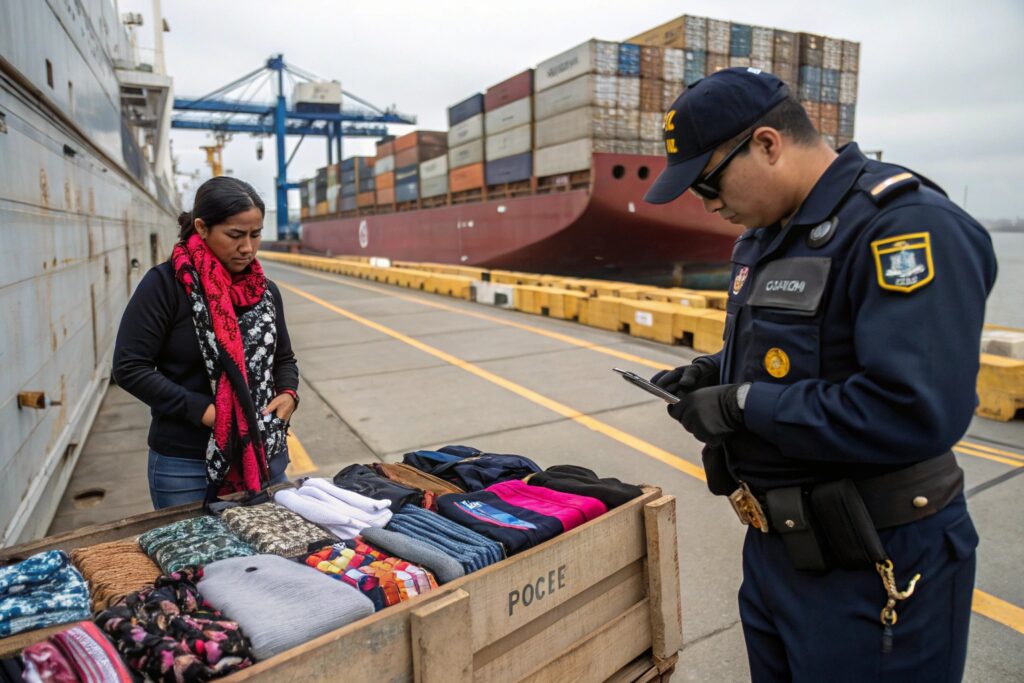
Vague or Generic Product Names
Avoid vague terms like “accessories,” “gifts,” or “miscellaneous.” Customs wants specifics:
✅ “Cotton scarf, handwoven”
✅ “Plastic hair clip, 5 cm”
❌ “Promo item”
❌ “Box of goods”
HS Code Errors
Many accessories have overlapping codes. Misclassifying a fabric headband as a metal hairpin may not seem serious—but it affects tariffs. We maintain an internal database and frequently update codes as per EU and US changes.
Forgetting the Country of Origin
This can result in unnecessary tariffs. We always label our products clearly with “Made in China” and include this in the invoice and packing list.
Tips for Smooth Customs Clearance with Express Couriers
Fast shipping is useless if your package gets stuck at the border.
To ensure smooth clearance, use harmonized documents, check destination-specific rules, and work closely with your courier's customs desk. Pre-alert your recipient and avoid risky goods.
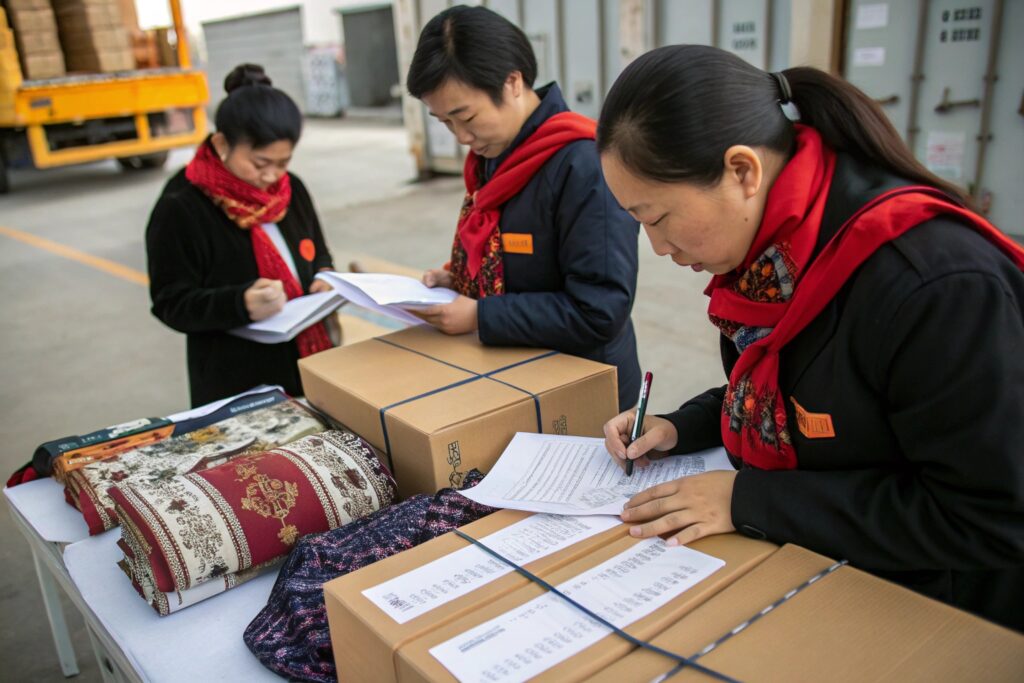
Pre-Alerting Your Recipient
Inform your buyer about the shipment details, courier, tracking number, and estimated delivery time. This prepares them to respond to customs queries promptly.
Leverage Courier Support Tools
DHL, FedEx, and UPS all offer customs advisory tools. At AceAccessory, we:
- Upload documents via the courier portal immediately after handover
- Send tracking and document links to clients automatically
- Monitor clearance status and provide updates proactively
Consider DDP Service for High-Value Shipments
If your buyer is unfamiliar with customs procedures, we recommend DDP (Delivered Duty Paid). We arrange this through our courier accounts so you handle all costs upfront—and your client gets hassle-free delivery.
Conclusion
Getting your accessory shipments cleared quickly starts with one thing: correct paperwork. At AceAccessory, we help our clients avoid delays by handling documentation thoroughly, checking every field, and offering courier guidance from pickup to delivery.


